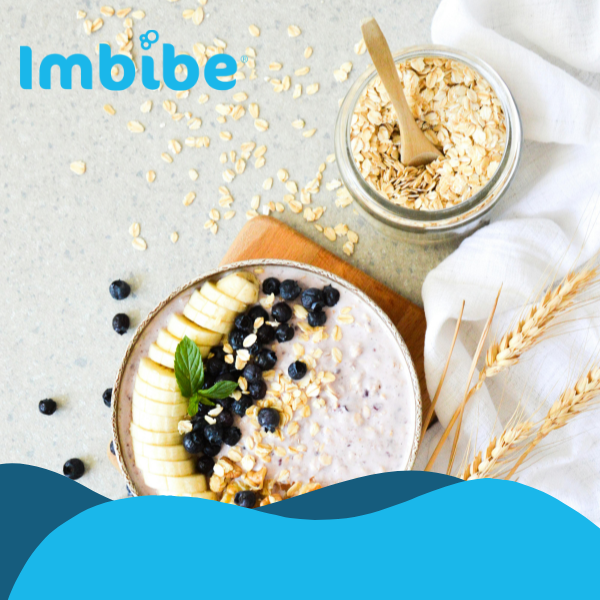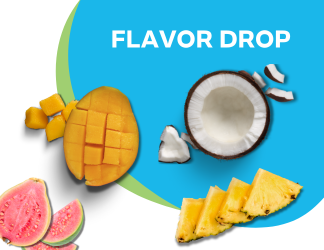
2015 was a monumental year for the foodservice industry in the US. It was the first time ever that Americans spent more on dining out than on groceries. Foodservice has gone through several iterations, especially since the introduction of the fast-casual concept in the mid-90s. Consumers demand more value for their money, more function from their products, and more choices on menus. Here are a few of the biggest influencers on the foodservice experience today.
Health-consciousness
Seeking out healthier options has become mainstream as consumers are more educated, well-traveled and generally more sophisticated when it comes to understanding ingredients. They want their dining experiences to reflect their healthy values, which continue to evolve, just as the definition of healthy evolves.
Datassential has tracked the progressing definition of healthy, and recognizes that consumers continue to associate terms like “natural”, “organic”, “local” and “fresh” with being healthful. Terms that encompass functionality, however, like “superfood”, “energy” and “protein” are now also part of the definition of healthy, and appeal to those who gravitate towards making more health-conscious choices. We’re seeing health consciousness surface in a variety of ways. One is by including descriptive preparation methods that don’t add calories like “charred”, “pickled”, “smoked” and “flame-grilled”. Several establishments highlight organic ingredients, and a few even have entirely organic menus. According to Mintel, 38% of the US population seek plant-based alternatives at least some of the time, so it’s not surprising that we’re also seeing foodservice align with plant-based diets through cold-pressed juices, vegan options, as well as customizable and compelling vegetable and salad preparations.
Hyper-customization
In the beverage space of foodservice, this trend start with customization systems like Coke Freestyle and Pepsi Spire, which changed the consumer beverage experience. These beverage delivery systems have become even more sophisticated since their introduction, with the added capabilities that their mobile applications provide. Outside of beverage, Chipotle gave consumers the opportunity to build their own Mexican meal. This trend soon gained momentum among other foodservice chains, as they realized the value of crafting a consumer-centric experience. This ability to customize every detail of one’s meals has transformed consumers’ dining expectations. Consumers can watch employees design their pizzas at several chains, use mobile apps to build their morning Starbucks coffee or lunchtime salad from Sweetgreen, and choose their protein and rice in fast casual sushi restaurants. Hyper-customization is going to remain an expectation in food service and beyond.
Storytelling
As consumers demand an experience crafted specifically for their needs, they also want to know where their food came from, how it was prepared, and how the company or brand differentiates itself from the rest. Telling the story about the community of people who help bring ingredients to plates helps consumers feel more connected to the brand. Foodservice storytelling happens in a variety of ways, and it’s more than just communicating the origin story. Several companies – such as Subway, Noodles and Co, and Pizza Hut – have pledged to remove artificial colors and flavors from their food, and others have pledged to source cage-free eggs. Companies need consumers to know that they have nothing to hide, and many continue to try to prove that this is the case.
The most successful restaurants, QSRs and fast-casual chains will be the ones that continue to focus on enhancing the consumer experience in innovative ways. There are several other ways that foodservice establishments can enhance the consumer experience beyond focusing on health, enabling consumers to customize their meals, and communicating the ethos of the brand. Foodservice establishments will have a greater chance for success by making the consumer experience more interactive, by understanding consumers’ perception of premium products, and expanding offerings beyond the traditional daypart.
Originally posted on Foodbev.com



